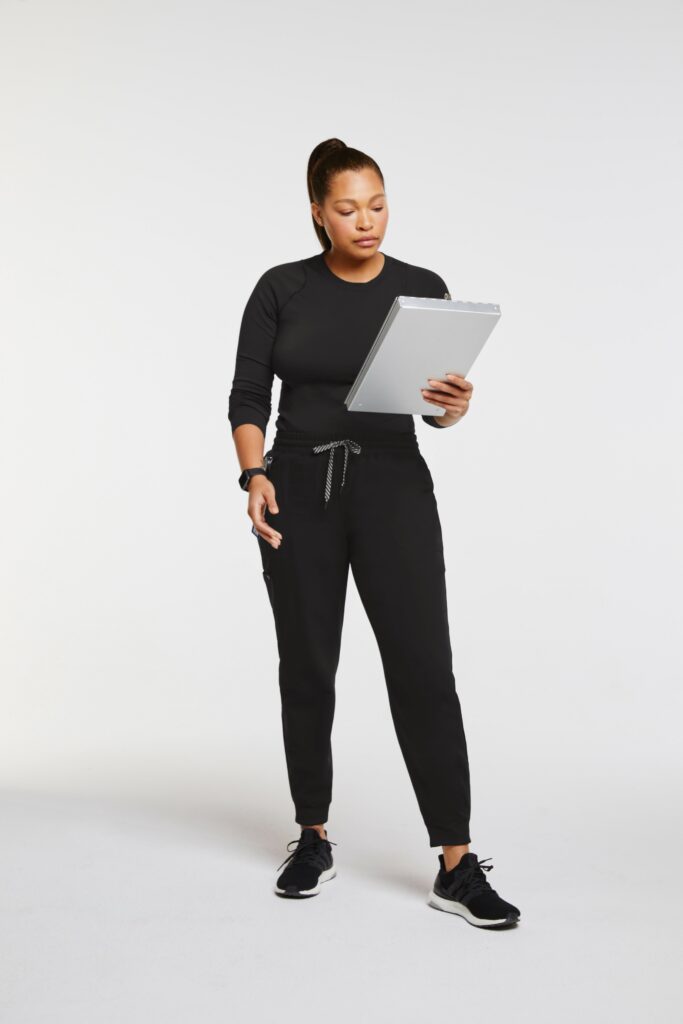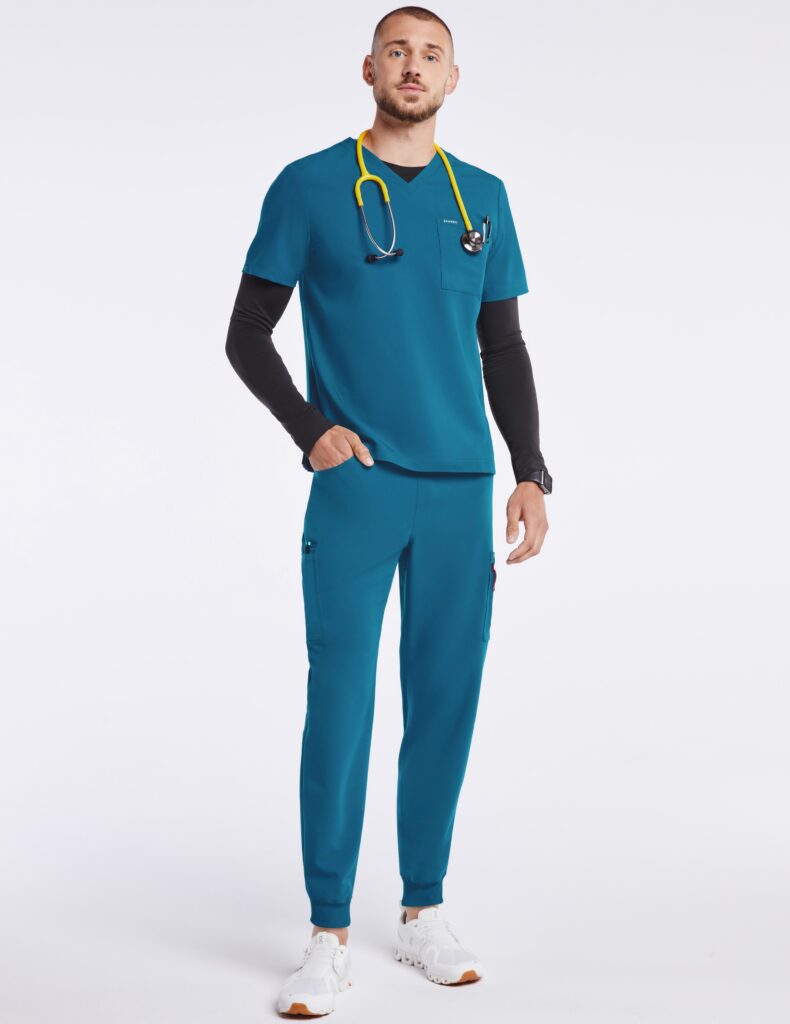
The Best Study Tools for Medical Students
Retaining facts is one thing, and acquiring knowledge is another. As an aspiring healthcare professional, you need to do both!
As you study in your dream medical school and prepare for the United States Medical Licensing Examination (USMLE), you’ll need to devise methods that help you remember six-syllable pharmacology terms and understand more nuanced materials, like how to provide empathetic patient care. What’s more? We know you want to perform well academically and become an excellent, competent physician, so your studies have high stakes.
We’re all different in our approaches to learning, but it’s a good idea to identify which study methods work well for you before you start medical school. A huge amount of information will come at you quickly, so it’s smart to set yourself up for success before you even sit in your first class.
Let’s explore some tried-and-tested tools, techniques, and strategies. The key word in the previous sentence is “explore” because it’s all about finding what works for you.
The best study apps for medical students
Technology comes through with yet another win––this time in the form of learning websites for medical students. While previous generations may have had to rely on lectures and notes, you can enhance your studies by using apps specifically designed for medical students who want to excel academically. Here are a few of the best online resources for medical students:
- Medmastery: This platform helps medical students hone their clinical skills through case-based teaching and quizzes. You can study wherever you like as Medmastery adapts to all devices, including iOS and Android cell phones.
- AMBOSS: This tool features medical school study guides, clinical articles, and case-based questions that can help reinforce your medical education and prepare you for the USMLE. It’s also compatible with a wide variety of devices.
- Osmosis: It would be nice to be able to learn by osmosis, right? That’s essentially what this platform aims to do by “demystifying” complex concepts. Plus, it boasts techniques that help you get through your material faster.
- Passmedicine: Passmedicine helps you ace the most difficult medical exams with its vast question banks you can use to practice.

And if you’re not in med school yet, here are a couple of the best apps for pre-med students that can help you brush up before the Medical College Admission Test (MCAT):
Techniques for improving efficiency
Free time doesn’t come easy during med school, so balancing studying and self-care is a challenge. The following techniques can help you make the most of your time:
- Be realistic: Be honest with yourself about what you can actually get done in the time you have. Setting unrealistic goals for yourself isn’t helpful, such as cramming a lot of material if you’re not retaining what you learn.
- Make a plan: When your time is limited, making a schedule is a great way to fit study slots when you start your day. Don’t forget to include breaks and rest in your study schedule. Your productivity improves when you take care of yourself and maintain good mental health.
- Get organized: Get all the study tools you need, from flashcards to apps, so that you’re not spending time gathering materials instead of reading books.
- Identify your study style: Do you like to study alone or are you a group study kind? Are you a visual learner or an auditory learner? Do you prefer to work on a device or take hand-written notes? Figure out your study session type and how you learn best before you dive in.
- Remember the goal: You’re not just doing all this studying to pass a test or do well in your classes. You will use your learnings to improve (and even save) patients’ lives.

How many hours should I study?
There’s no one right answer to this question as study times vary based on the type of material and the ultimate goal. For example, if you’re just doing routine work to keep up with your courses, you’ll likely study far fewer hours than if you’re prepping for an exam.
Experts generally suggest that medical school students should study between two and six hours on an average day and up to 10-11 during exam periods.
Some last-minute study tips
Even if you have your study strategy down to a science, everyone can do with some tips. There might be a technique in the following list you haven’t thought of or an opportunity to improve your style.
- Review material regularly: Exams, especially big ones like the USMLE, test you on the material you’ve learned in class. So, if you work to understand this material in real-time, you’ll have less cramming to do before an exam.
- Write things down: The old-school note-taking method is especially helpful for retention. Hand-writing information helps you commit it to memory. The act triggers the regions of the brain responsible for memory encoding.
- Test yourself: Test your knowledge over time to track your advancements and identify opportunity areas. You can use a wealth of online quizzes, meaning that you don’t have to spend time making your own questions unless you want to.
- Improve memorization (mnemonics): Is the mnemonic “Please Excuse My Dear Aunt Sally” still stuck in your head from your middle school math days? Behold the power of this memorization technique. Mnemonics, which are catchy sayings in which the first letter of each word references the term you’re trying to memorize, can help you commit rote material to memory.
- Consider a study group: Remember that you and your med school colleagues are all in this together, and even if you prefer to study solo, some moral support doesn’t hurt. You can solve clinical cases and quizzes in a small group with the support of each other.

In our opinion, studying goes a bit smoother when wearing comfortable clothes. Whether you like to feel the part and study in scrubs or relax your body in loungewear, we have a look for you. Not only that, but we also have a student discount that you can get your hands on to further your success.